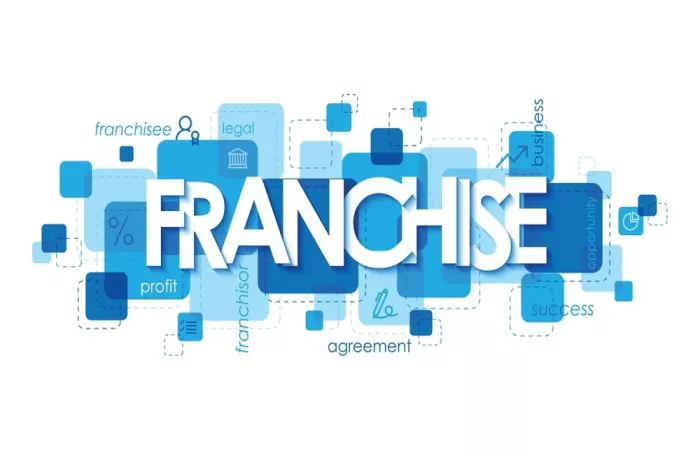A franchise agreement is a legally binding document. For it to take effect, there must be an offer from one party (prospective franchisee) and acceptance from the franchisor. The contract becomes binding only when both parties agree to its terms.
The components of a franchise contract may vary depending on the type of franchise. However, here are the standard features found in most agreements:
1. Disclosure Document: Legally, a franchise must include a franchise disclosure document. This document provides all the necessary information that the franchisee should be aware of, including legal terms and conditions, contact details of current and former franchisees, franchise fees, and other relevant conditions.
2. Territory Limits: The contract specifies territory limits and the timeline within which the franchisee should operate in a given area. It may also include details about any local market restrictions.
3. Fees and Purchases: Details about franchise fees and any additional payments that the franchisee must make are outlined in the agreement. Late payment fees, if applicable, may also be mentioned.
4. Timeline and Renewal: The agreement specifies the contractual terms and renewal timelines. It delineates the duration of the contract and outlines the process for renewal, including any associated payments.
5. Advertising and Marketing: Rules and regulations governing advertising and marketing activities are delineated in the franchise agreement. It stipulates how advertising and marketing campaigns should be conducted according to the franchisor’s guidelines.
6. Sourcing and Design: The agreement outlines the structural features required of the franchisee and sets a timeline for meeting these requirements. It also specifies that supplies must meet the franchisor’s standards and be sourced from approved suppliers.
7. Confidential Data: Information regarding the use and sharing of confidential data is detailed in the franchise agreement. It stipulates that confidential information can only be used and shared with the franchisor’s consent and prohibits unauthorized reproduction, duplication, or sharing.
ARE FRANCHISE AGREEMENTS NEGOTIABLE?
Yes, franchise agreements are negotiable to some extent, although the degree of negotiation allowed can vary depending on the franchisor and the specific terms of the agreement. While certain elements of the agreement, such as brand standards and operational procedures, may be non-negotiable to maintain consistency across franchise locations, there are typically aspects that can be subject to negotiation.
Negotiable terms may include:
1. Opening Dates: Franchisees may negotiate the timeline for opening their franchise location, particularly if there are external factors affecting construction or site readiness.
2. Support from the Franchisor: Franchisees may negotiate the level of support provided by the franchisor, such as training programs, marketing assistance, or ongoing operational support.
3. Fees and Royalties: While some fees may be standard across all franchise agreements, there may be room for negotiation on certain fees or royalty rates, particularly if the franchisee can demonstrate factors such as a strong financial position or unique market conditions.
4. Territory Rights: Depending on the franchise model, franchisees may negotiate territorial rights to ensure exclusivity within a certain geographic area.
5. Renewal Terms: Franchisees may negotiate terms related to contract renewal, such as renewal fees, length of renewal periods, or conditions for renewal.
It’s important for prospective franchisees to carefully review the terms of the agreement and, if possible, seek legal counsel to help identify potential negotiation points and ensure that their interests are represented during the negotiation process. However, it’s also essential to recognize that franchisors may have established standards and guidelines that they are unwilling to compromise on in order to maintain brand consistency and protect the overall integrity of the franchise system.
WHAT TO CONSIDER BEFORE SIGNING A FRANCHISE AGREEMENT
Before signing a franchise contract, it’s essential to ensure that you’re a good fit for the industry and choose one that aligns with your interests. Researching potential franchisors and understanding their reputation is crucial. Additionally, thoroughly examining financial obligations and considering the level of support provided by the franchisor are important factors to weigh.
ENDING SUMMARY
Investing in a franchise can be a lucrative opportunity, provided you collaborate with reputable individuals or entities. Conducting due diligence before signing any franchise agreement is paramount to avoid any unforeseen challenges. The information outlined here serves as a valuable resource for both franchisees and franchisors alike.

